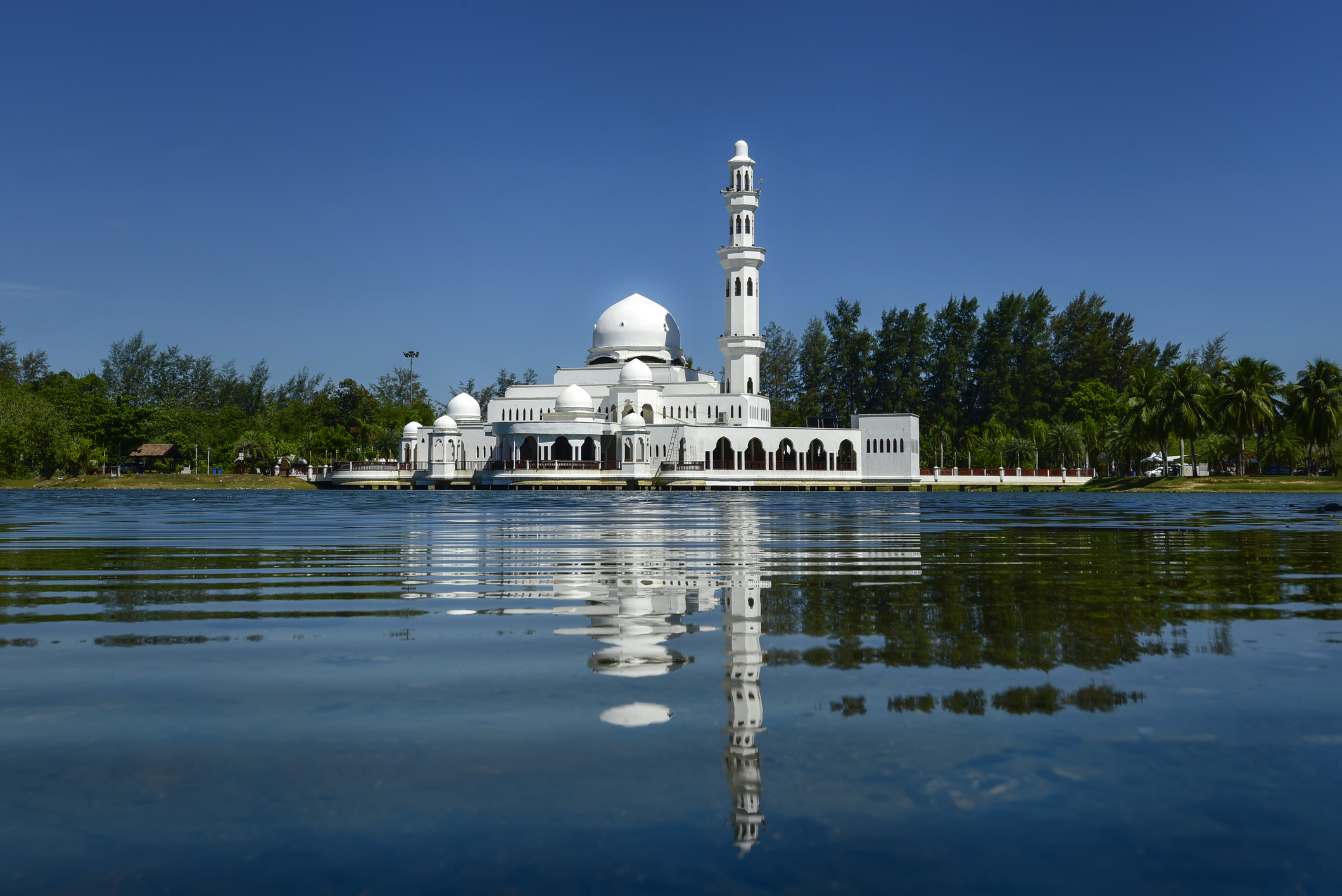The future is bright for Islamic banking in ASEAN


ASEAN is powering the global growth of Islamic banking, thanks to world-leading innovation and strong demand. The success of Islamic banking will help fuel the region’s economic development and enhance its position as an international finance centre.
The uncertainty of the past years has done little to dent the growth of Islamic finance – financial activities which adhere to Shariah or Islamic law. Globally, the value of Islamic financial assets increased 14 per cent year-on-year in 2020 to USD3.374 trillion and is projected to reach USD4.94 trillion by 2025.1
Southeast Asia has been a key driver of that growth. Islamic financial assets in the region reached USD754 billion in 2020,2 up from USD685 billion a year earlier.3 In addition, the region ranks number one for global sukuk issuance,4 a position that will likely be strengthened as investors increasingly seek out investments that are embedded in principles such as ethical practices, and social and environmental responsibility.
The reasons for Southeast Asia’s Islamic banking leadership are manifold but strong government support has been a key factor. From providing various incentives to creating supportive regulatory frameworks, economies in ASEAN are working continuously to develop a comprehensive Islamic finance ecosystem.
It is also worth noting that at a time when companies and individuals are placing more focus on the environmental and social aspects of financial products, Islamic banking stands out as a sector that has always been rooted in a values-based approach to finance. Some of the industry’s key principles include foregoing activities that are socially detrimental, for instance by excluding investment in certain industries, such as tobacco, alcohol and gambling.
While this socially conscious approach has always been part of Islamic finance, ASEAN governments are further enhancing the sector’s credentials. For example, Bank Negara Malaysia has published a set of strategy paper and guidance known as Value-based Intermediation (VBI) – that sets a framework for Islamic financial institutions to create a positive and sustainable impact on economies, communities and the environment while remaining Shariah compliant.5
Islamic finance has also been quick to embrace green financial products with the volume of ESG sukuk reaching USD15 billion by the third quarter of 2021, substantially outstripping the USD5 billion raised during 2020.6 Notable ASEAN deals include Malaysia issuing the world’s first sovereign sustainability sukuk in US dollars last year.7
And with improving financial inclusion positioned as a key enabler of the UN Sustainable Development Goals, the growth of Islamic banking will help deliver financial services to traditionally underbanked communities and sectors.8 Islamic banking not only serves groups who did not access conventional banking for religious or ethical reasons, but by emphasising on the buyer-and-seller relationship and risk-sharing model between banks and customers, it is more accessible to economically insecure sectors of society.
Importantly, fostering and supporting Islamic finance will help spur economic growth as ASEAN looks to reinvigorate its economy and promote the region as an important international finance centre.
Take the example of the halal economy. More than just food and beverage, the halal economy has expanded to include cosmetics, pharmaceuticals, modest fashion and halal tourism.9 And with a focus on ethical and sustainable practices, halal products and services appeal to both Muslims and non-Muslims, so it’s no wonder the sector is expected to grow to USD3.1 trillion by 2023.10
Another important catalyst is the broad scope of the Islamic banking products that are now available. While Shariah-compliant bonds, or sukuk, are probably the most well-known product, the most comprehensive banks offer a full suite of Islamic banking services for corporates from financial markets to transaction banking and corporate finance.11 For example, Standard Chartered in Malaysia offers trade finance, liquidity services and digital financial solutions that are Shariah compliant. And from Singapore, the bank provides Shariah liquidity solutions to clients across ASEAN. As a global bank, Standard Chartered is also able to connect the Shariah supply chain ecosystem by linking business owners, suppliers and buyers.
As ASEAN companies look to meet the demand of the halal economy, established financial institutions like Standard Chartered Saadiq can help corporates expand overseas and reach international customers by providing the Islamic banking services they need to reach their potential.
Far from being a niche sector, the demand for Islamic banking is only set to grow as confidence in the sector increases, and consumers and companies continue to search for products and services that are socially and environmentally responsible. And thanks to strong government support, buoyant consumer demand and thriving banking system, ASEAN is perfectly positioned to spearhead the growth of Islamic finance and reap the economic and social benefits.
1 Refinitiv, Islamic Finance Development Report 2021: Advancing Economies, https://www.refinitiv.com/content/dam/marketing/en_us/documents/gated/reports/report-2021-all-color2.pdf
2 Refinitiv, Islamic Finance Development Report 2021: Advancing Economies, https://www.refinitiv.com/content/dam/marketing/en_us/documents/gated/reports/report-2021-all-color2.pdf
3 ICD- Refinitiv, Islamic Finance Development Report 2020: Progressing through adversity
4 Refinitiv, Islamic Finance Development Report 2021: Advancing Economies, https://www.refinitiv.com/content/dam/marketing/en_us/documents/gated/reports/report-2021-all-color2.pdf
8 https://www.uncdf.org/financial-inclusion-and-the-sdgs
9 https://www.sc.com/my/news-media/press-release-sc-saadiq-halal-launch/
10 https://www.sc.com/my/news-media/press-release-sc-saadiq-halal-launch/
11 https://www.sc.com/en/banking/islamic-banking/